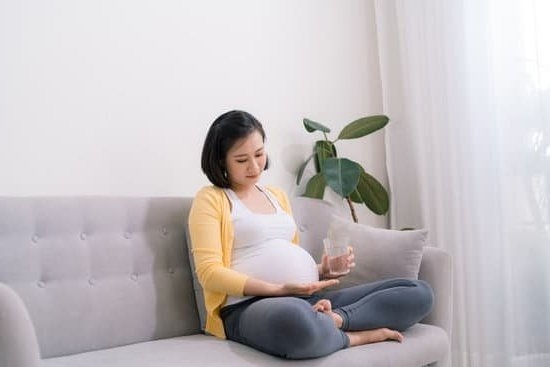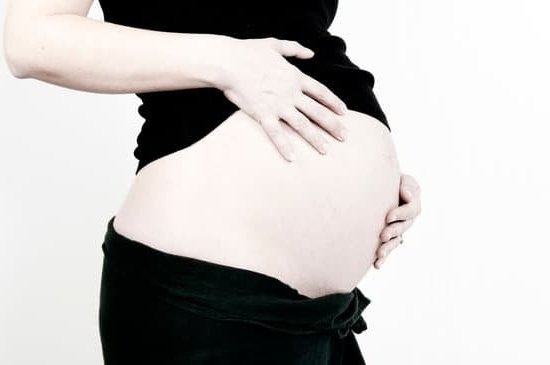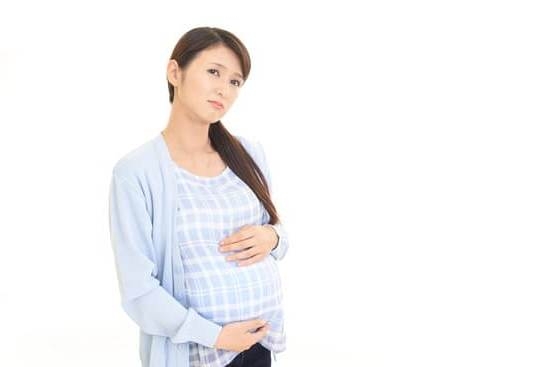How Quickly Do Pregnancy Symptoms Start
?
Most pregnancy symptoms start around the fourth week of pregnancy. This is when the fertilized egg attaches to the uterine wall and the placenta starts to develop. The placenta is what provides the baby with food and oxygen and removes waste products.
The most common symptoms in the early weeks of pregnancy are fatigue, morning sickness, and changes in the breasts. Fatigue is caused by the increase in the hormone progesterone, which starts to increase in the body as soon as the egg is fertilized. Progesterone causes the body to slow down and conserve energy. Morning sickness is caused by the increase in the hormone human chorionic gonadotropin (hCG), which is produced by the placenta. hCG levels start to increase after implantation and peak at around eight to ten weeks of pregnancy. Changes in the breasts are caused by the hormones estrogen and progesterone. These hormones cause the milk ducts to enlarge and the breasts to become heavier and more sensitive.
Other common symptoms in the early weeks of pregnancy include cramping, constipation, and mood swings. Cramping is caused by the uterus expanding and the ligaments stretching. Constipation is caused by the increase in progesterone, which slows down the digestive system. Mood swings are caused by the hormones estrogen and progesterone, which can cause mood swings, depression, and anxiety.
Most pregnancy symptoms will go away after the first trimester. However, some symptoms, such as fatigue and morning sickness, may continue throughout the pregnancy.
Hemorrhoids Pregnancy Symptom
Most pregnant women will experience some degree of hemorrhoids. Hemorrhoids are varicose veins in the rectum and are caused by the increased pressure of the baby on the veins. Hemorrhoids can cause pain, itching, and bleeding.
Hemorrhoids can usually be treated with over-the-counter medications and by avoiding constipation. If hemorrhoids are severe, you may need to see a doctor for treatment.
No Pregnancy Symptoms Before Missed Period
There are plenty of different symptoms that can be associated with pregnancy, but not everyone experiences all, or even any, of them. For example, many women don’t have any symptoms before their missed period, and only realize they’re pregnant after taking a home pregnancy test.
Some of the most common symptoms of early pregnancy include fatigue, morning sickness, and frequent urination. However, not everyone experiences these symptoms, and some women experience different symptoms. For example, some women experience extreme fatigue in the early stages of pregnancy, while others have more energy than usual.
If you’re experiencing any unusual symptoms, or if you have any doubts about whether you might be pregnant, it’s always a good idea to take a home pregnancy test. If the test is positive, you’ll need to make an appointment with your doctor to confirm the pregnancy and to begin prenatal care.
Is Headache Pregnancy Symptoms
?
Most pregnant women will experience at least one headache during their pregnancy. While some headaches may be due to pre-existing conditions, such as migraines, others may be related to the hormonal changes of pregnancy.
Some common causes of headaches during pregnancy include:
· Hormonal changes
· Increased fluid retention
· Increased stress
· Dehydration
If you are experiencing regular headaches during your pregnancy, it is important to discuss them with your doctor. He or she may be able to provide you with some relief, and may also be able to help you determine if the headaches are related to your pregnancy.
Really Early Pregnancy Symptoms
The earliest pregnancy symptoms, those that occur before you miss your period, are often just a feeling that something is different. You may feel more tired than usual, or have a feeling of being bloated. You may also have nausea, especially in the morning.
These symptoms can be caused by a number of things, including premenstrual syndrome, so it’s not always a sign that you are pregnant. However, if you have been trying to conceive and you are experiencing any of these symptoms, it’s a good idea to take a home pregnancy test to find out for sure.
If the test is positive, you will want to make an appointment with your doctor to begin prenatal care. Early prenatal care is important for a healthy pregnancy.

Welcome to my fertility blog. This is a space where I will be sharing my experiences as I navigate through the world of fertility treatments, as well as provide information and resources about fertility and pregnancy.





